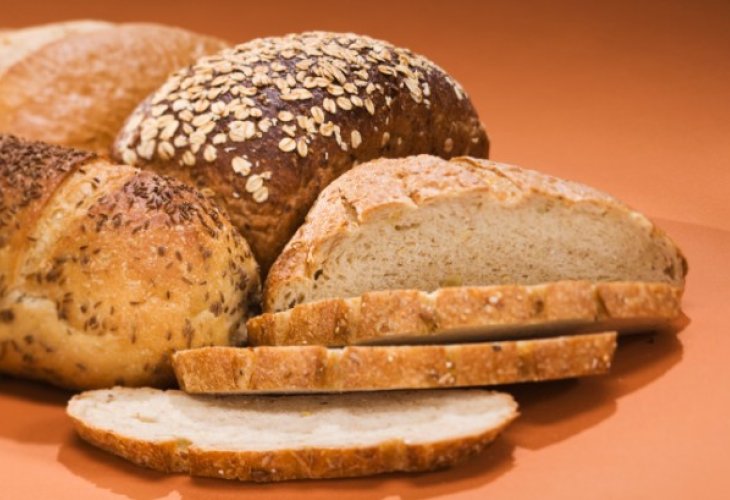Jewish Law
Is It Permitted to Throw Bread at the Shabbat Table? Halachic Guidelines Explained
The halachic reasoning behind the prohibition of throwing bread, why Jewish law considers it disrespectful, and the differing rabbinic opinions
- Daily Halacha
- |Updated

During Shabbat meals, some people have the custom that when the head of the household distributes the challah, he “throws” the pieces of bread to those sitting farther away. Is this practice proper according to Jewish law?
* * *
It is well known that one must not treat food in a disrespectful manner. The Beraita in Berachot (50b) explicitly states that it is forbidden to throw bread.
Throwing Other Types of Food
Regarding other foods, the prohibition depends on whether the food will be damaged or spoiled by throwing it. For example, soft fruits like figs would certainly be ruined even if thrown onto a clean table, and it would therefore be forbidden to do so. However, if the food will not be harmed in any way — for example, the common practice of throwing candies at a groom in synagogue when he is called to the Torah — this is permitted, since it is not considered disrespectful to the food.
Throwing Bread – A Stricter Rule
For bread, the halachic authorities (Rishonim) disagreed. According to Tosafot, even when the bread will not be damaged (for instance, if it is thrown from one side of the table to the other), it is still forbidden. This is because bread holds special significance and holiness; therefore, throwing it is viewed as a form of disrespect. This opinion is also shared by the Rosh, the Tur, and other early authorities.
On the other hand, the Rashba and Rabbeinu Yonah (as quoted in Beit Yosef, Orach Chaim 171) maintain that there is no difference between bread and other foods — as long as the bread is not ruined by the act, it is permitted to throw it.
Halachah in Practice
In practical law, the wording of the Shulchan Aruch indicates that the halacha follows Tosafot’s stricter opinion — that one must not throw bread at all, even across the table. This ruling is supported by many later authorities, including Rabbi David Yosef shlit”a in Halacha Berurah (vol. 9, p. 49).
Although some poskim justified the practice of throwing small pieces of bread from one side of the table to another, it is best to refrain from this entirely. This is especially true with Shabbat challah, over which the ba’al habayit recites the blessing for the mitzvah of lechem mishneh. In such cases, the Pri Megadim (Orach Chaim 167:38) writes that even according to the lenient view of the Rashba, throwing the challah is forbidden because it constitutes “bizayon mitzvah” — disrespect for a sacred mitzvah object.
Based on the halachic rulings of Rabbi Ovadia Yosef, courtesy of the “Halacha Yomit” website.

